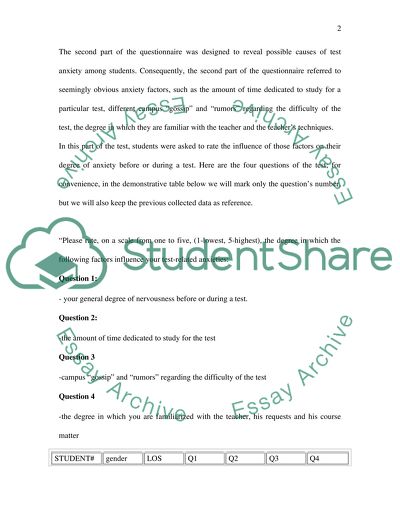Cite this document
(“The main factors of exam-related stress Research Paper”, n.d.)
The main factors of exam-related stress Research Paper. Retrieved from https://studentshare.org/psychology/1512820-the-main-factors-of-exam-related-stress
The main factors of exam-related stress Research Paper. Retrieved from https://studentshare.org/psychology/1512820-the-main-factors-of-exam-related-stress
(The Main Factors of Exam-Related Stress Research Paper)
The Main Factors of Exam-Related Stress Research Paper. https://studentshare.org/psychology/1512820-the-main-factors-of-exam-related-stress.
The Main Factors of Exam-Related Stress Research Paper. https://studentshare.org/psychology/1512820-the-main-factors-of-exam-related-stress.
“The Main Factors of Exam-Related Stress Research Paper”, n.d. https://studentshare.org/psychology/1512820-the-main-factors-of-exam-related-stress.


